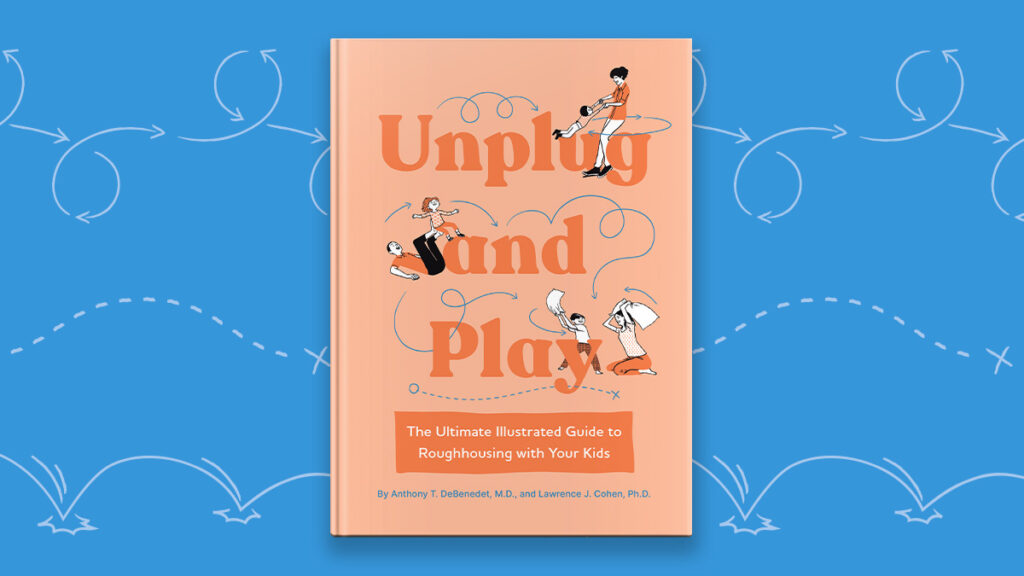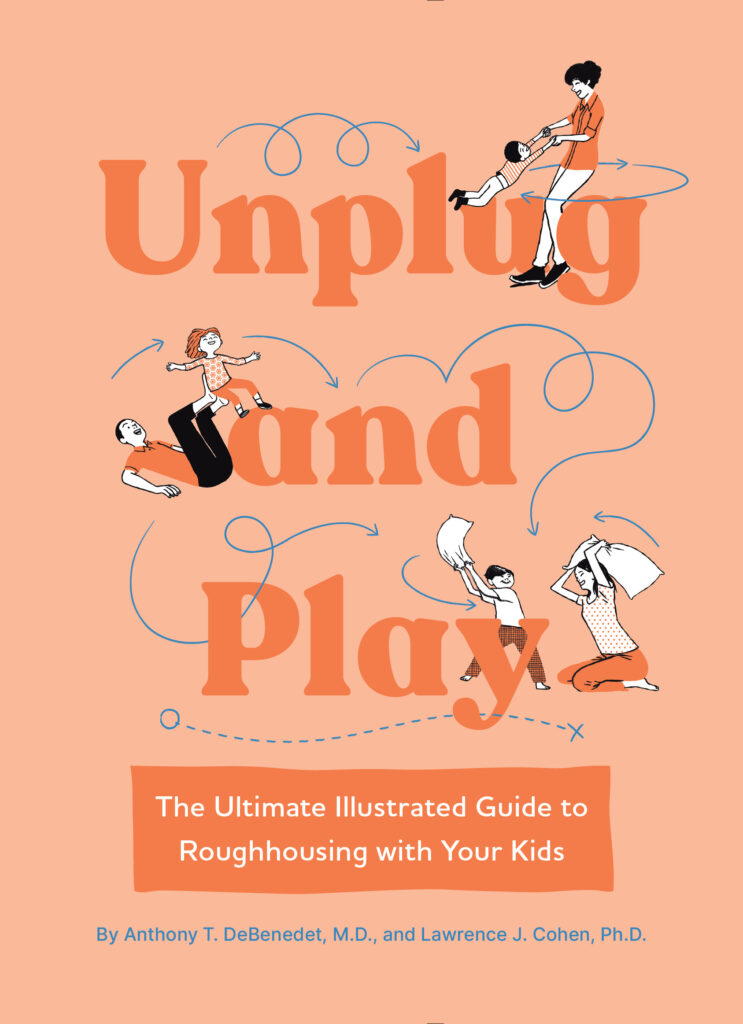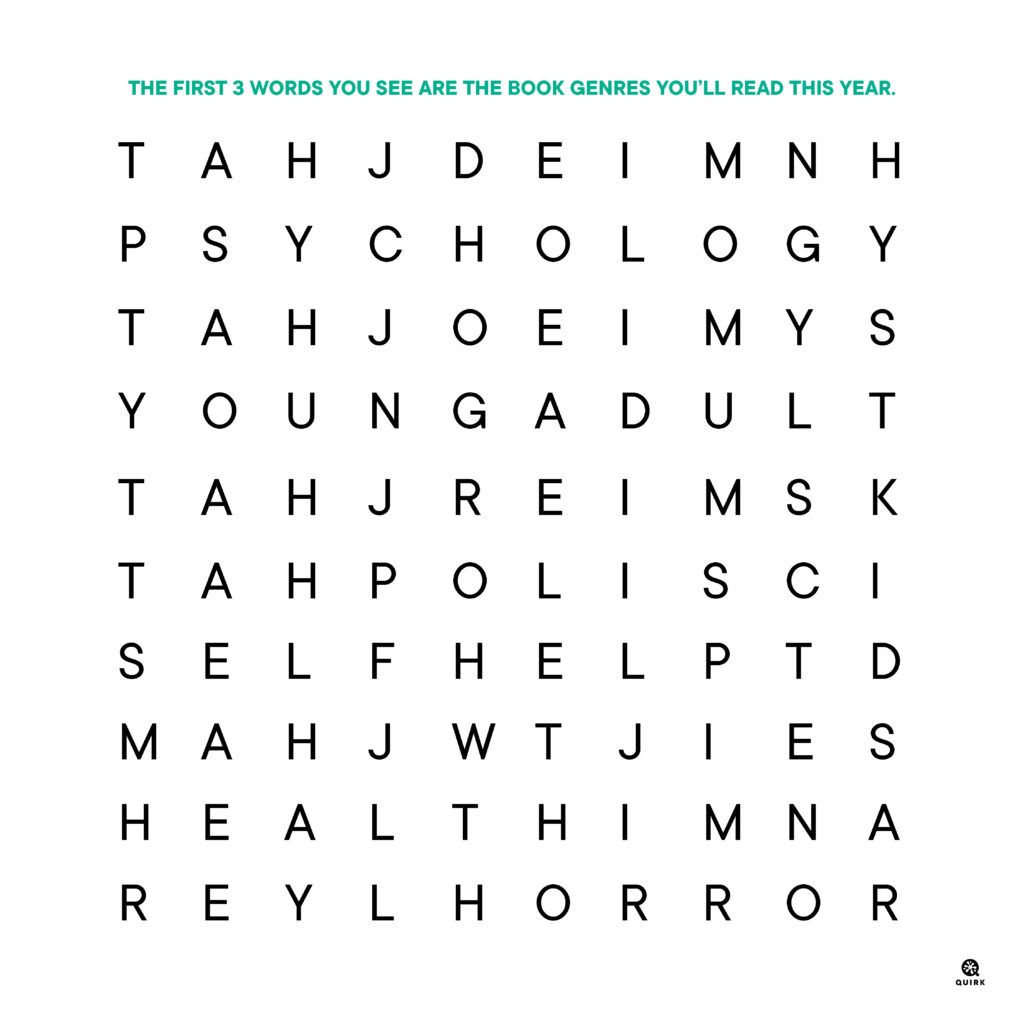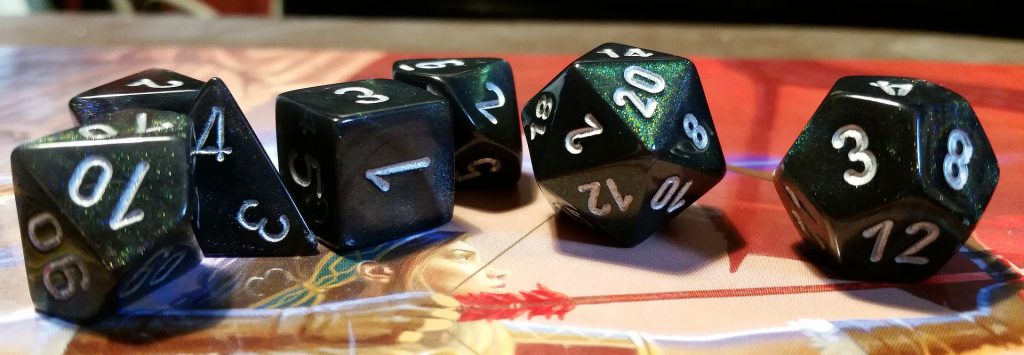Top 5 Reasons to Unplug and Play!
If you’re a parent like me, or simply someone who cares deeply about today’s youth (not to mention the future of the world), you’ve probably wondered whether we will someday look back on this period in history and conclude: smartphones in the hands of children and teenagers did more harm than good. We don’t know what the scientific fields will ultimately conclude on this topic, but early research suggests that we need to be listening closely to the cautions about screen-use in kids. That means reducing kids’ screen time—and our own. But rules, consequences, bargains, and willpower aren’t enough. One of the best ways to get kids (and adults) off screens is to engage them in something more exciting—like play! In our forthcoming book, Unplug and Play, Dr. Lawrence Cohen and I explore how physical play between parent and child not only reduces screen use, but also carries a host of benefits for everyone.
Here are 5 big reasons to unplug from screens and play:
- Adults need to play, too. For adults, playtime is when we feel mentally and emotionally carefree. When we are playing, we aren’t tied to the demands of our schedules or our countless responsibilities. True adult play—or kidulting as some have recently called it—is free from worry about how we look or feel. It’s free from the pressures of productivity, results, and competition. All of this is how play recharges our souls, helping us be better parents, partners, friends, and colleagues. Perhaps most important, when we adults put down our screens and play, we model for children a way of living that prioritizes the people who are with us, the natural world that surrounds us, and the moments in front of us.
- Play is the language of childhood. It’s how children naturally interact with their worlds. Through play, children learn how to regulate their emotions, relate to others, take risks, and make sense of complex things, like winning and losing, loyalty, and teamwork. There are many types of play that children engage in, all with varying developmental benefits. I’m partial to rough-and-tumble play or roughhousing because it has such wide-ranging benefits. A bold claim that Larry and I have shared in our writings over the years is that roughhousing helps kids become more intelligent, lovable, ethical, physically fit, and joyful. It’s true!
- Play together. For parents and children, playing together helps build bonds that last a lifetime. When you play with your child—especially in a physical way—you send a strong message to them: your power is welcome here; this is a space where you can feel strong and confident; and we will be more connected than ever before.
- Get moving. Play has plenty of physical benefits, too. These are pretty obvious to most of us. Active, physical play helps keep our brains sharp and fresh as we get older, promoting healthy cognitive functioning. Of course active play also improves our cardiovascular health. The keys here are to not get overly preoccupied with the health benefits of play when we’re playing and to also avoid allowing our competitive juices to overpower us. This helps keep our playtime in a healthy space and positions us to experience all of the benefits that time can afford.
- Play is the road to cooperation and connection. Play helps us live more cooperatively. In our increasingly competitive world, play reminds us that it’s important to work together, helping and complementing one another with our different skill sets whenever we can. One of the secrets of building great teams is making sure that everyone realizes how both leadership and followership skills are important to nurture. Play helps us do this because when we are truly in a state of fluid play, we instinctually realize that to keep the play flowing, we must sometimes hold back our strengths, reverse our roles, provide a new idea, or go along with someone else’s idea. This give-and-take is really what healthy play (and life) is all about.
Unplug and Play: The Ultimate Illustrated Guide to Roughhousing with Your Kids goes on sale March 7 wherever you find your books. I hope you’ll check it out.




